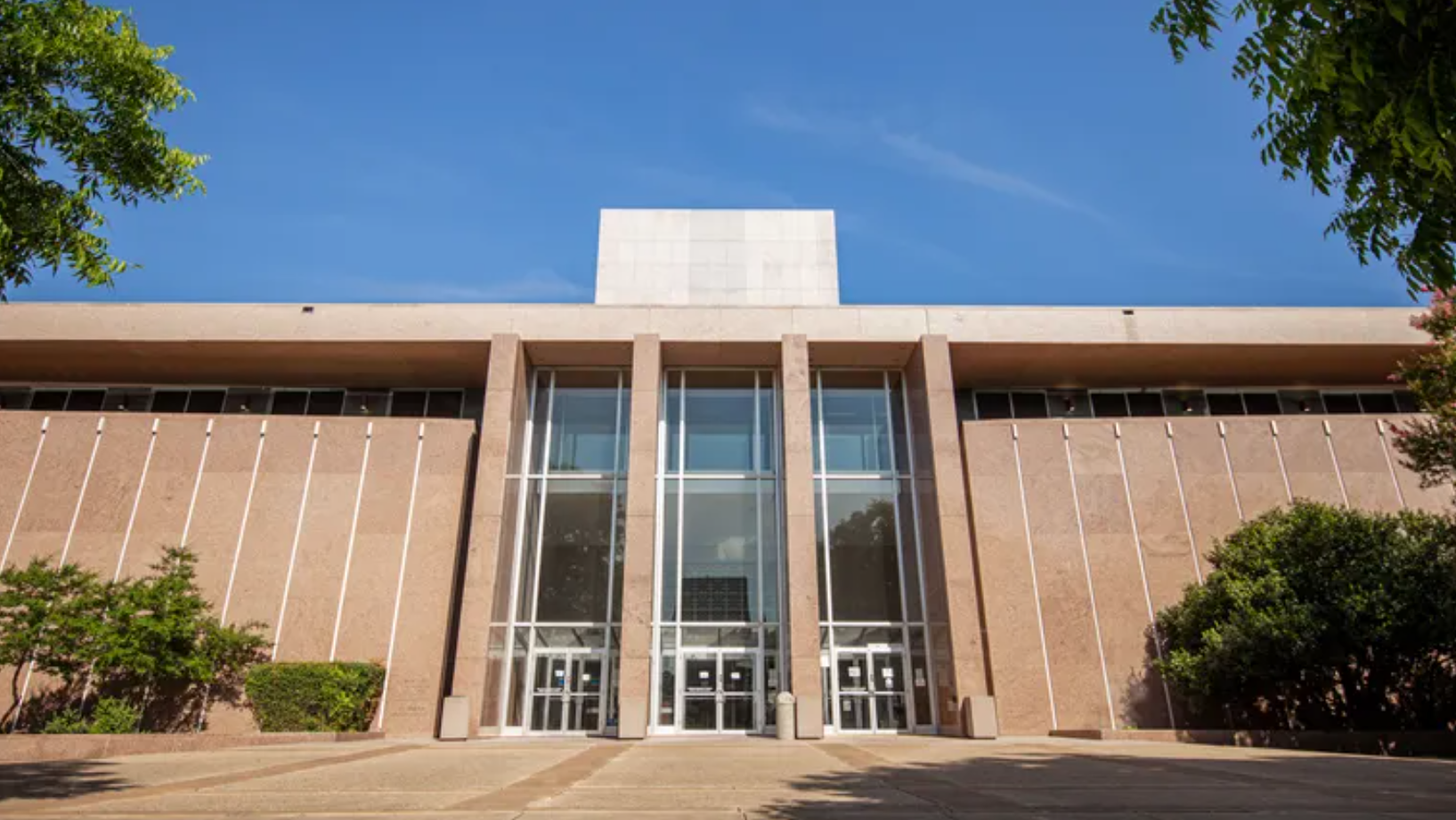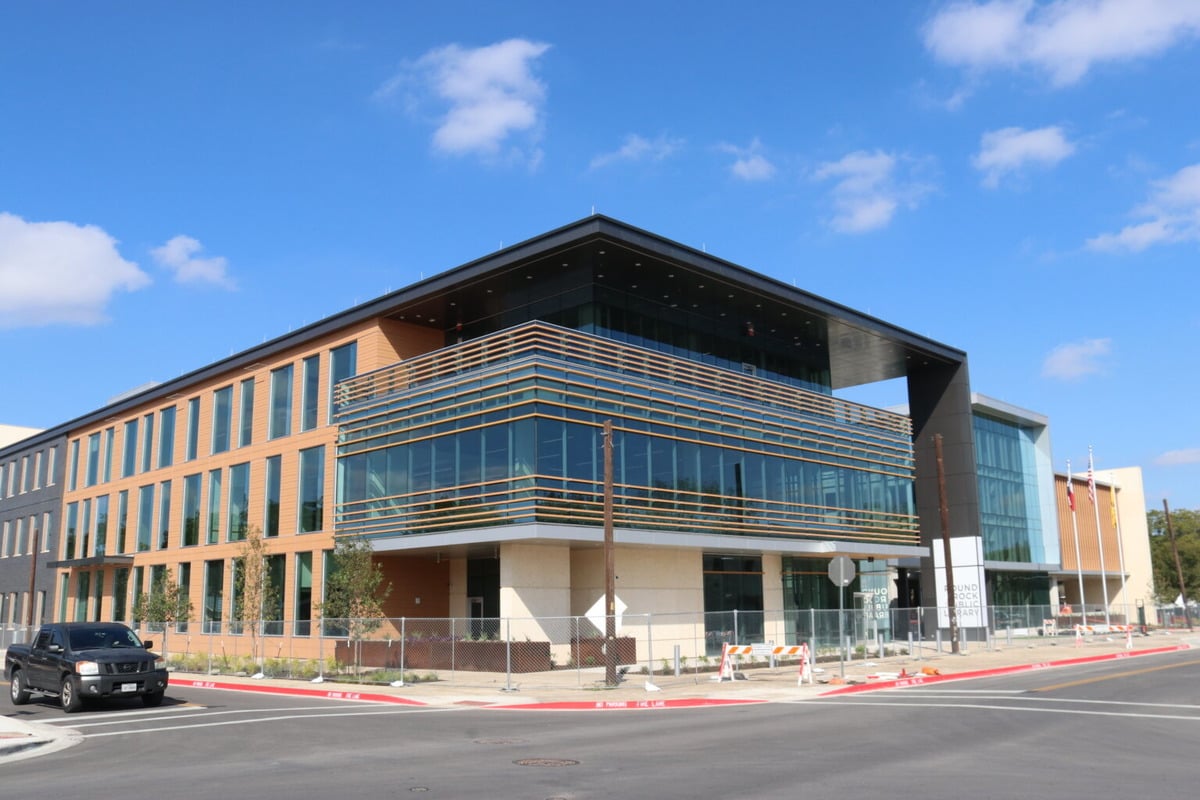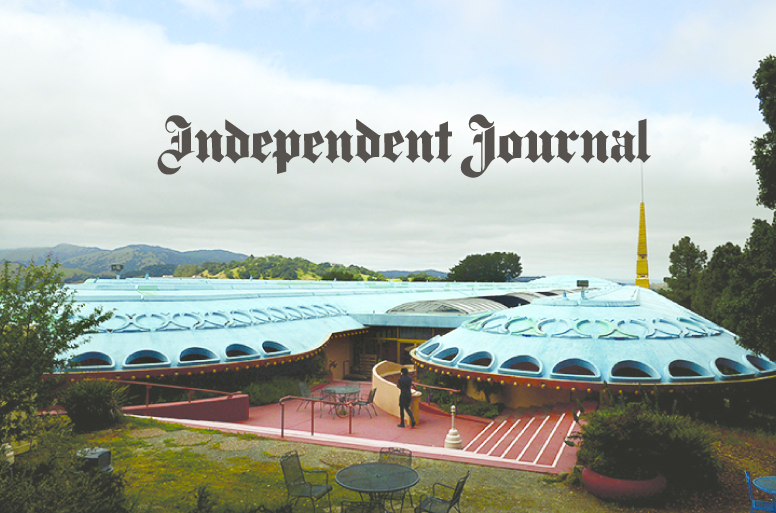UPDATE: A significant ruling from the Texas Supreme Court allows judges to refuse performing wedding ceremonies based on personal religious beliefs, raising urgent questions about same-sex marriage rights in the state. This change, confirmed last week, could challenge the constitutional right to equal protection under the law for LGBTQ+ couples.
The new addition to the judicial conduct code states, “It is not a violation of these canons for a judge to publicly refrain from performing a wedding based upon a sincerely held religious belief.” Legal expert David Coale emphasized to FOX 4 that while this ruling does not directly impede same-sex couples from marrying, it introduces potential barriers by allowing judges to refuse based on their beliefs.
As the new code takes effect immediately, Coale mentioned that it might take time to gauge its impact on same-sex couples seeking marriage. He warned that this could lead to a scenario where couples are forced to seek alternative judges, which may not be as readily available in certain areas.
Coale cited landmark cases like Obergefell v. Hodges, which affirmed the fundamental right to marry for same-sex couples, suggesting that this ruling does not override those principles. However, he posed a critical question: “Are we really comfortable with that?”
The ruling comes amid a wave of actions from Texas lawmakers that some see as targeting the LGBTQ+ community. Earlier this month, Governor Greg Abbott announced that all political symbols must be removed from public roadways, including the removal of rainbow crosswalks that symbolize Pride.
Coale expressed concern about the broader implications of such decisions, stating, “Even a relatively trivial distinction that’s drawn on the basis of race or its effects of fundamental rights, like getting married, raises serious questions.”
The situation is evolving, as the Supreme Court of the United States (SCOTUS) is currently considering whether to hear challenges to same-sex marriage rights, including a case in Kentucky where a county clerk refused to issue marriage licenses due to her religious beliefs.
As this urgent matter develops, experts and advocates will be closely monitoring its impact on Texas families and the rights of LGBTQ+ individuals. What happens next will be pivotal in determining the landscape of marriage rights in the state and beyond.







